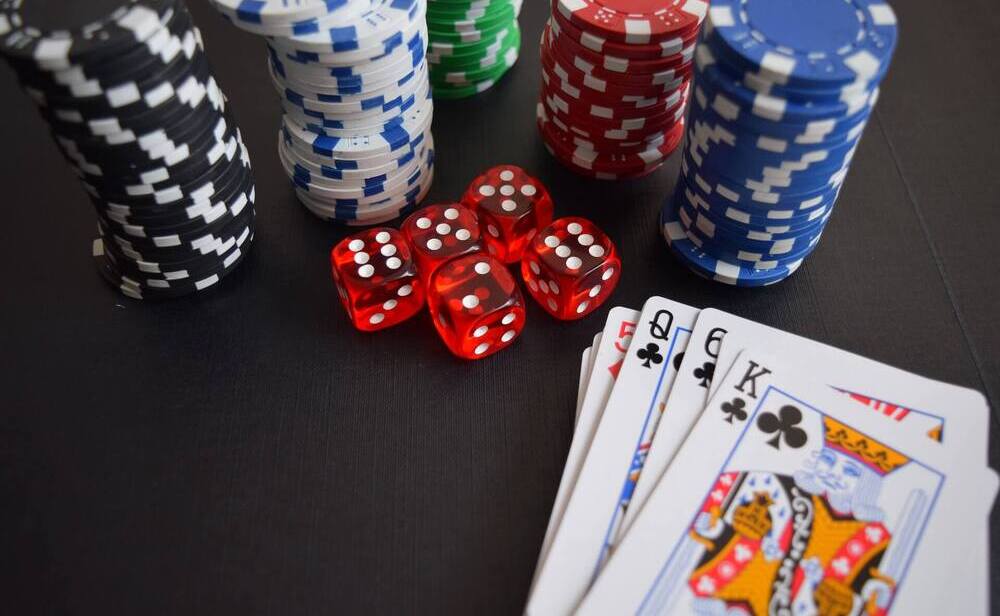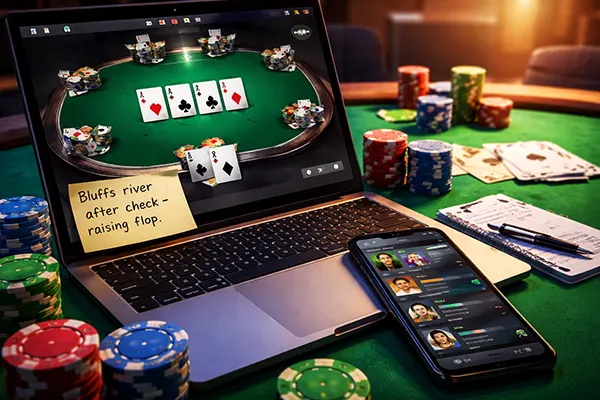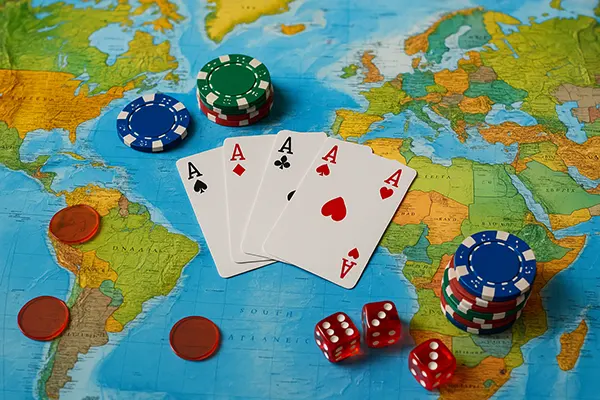
Time Management in Poker: Mastering the Clock to Maximize Profit
Poker, a game that melds skill with psychology, has often been likened to life’s intricate dance. Both demand strategy, patience, and timing. While a no deposit bonus Forbes may be your ticket into the thrilling world of online poker, there’s another element that, if mastered, can significantly raise the stakes of your success: time management.
What is Time Management in Poker?
Time management in poker isn’t just about pacing yourself during a game. It encapsulates how you allocate your time for playing sessions, breaks, study, and other activities. Much like a businessperson prioritizes tasks, a poker player must discern when to play, when to study, and when to rest.
The Value of Time
In poker, time is money. Every moment spent playing has potential profit or loss attached. Optimal time management ensures you’re playing when you’re most alert and focused, leading to better decisions and increased profitability. Conversely, poor time management might mean playing fatigued, leading to errors and potential losses.
Calculation of Exact Win Rate
An essential aspect of time management is understanding your win rate. By knowing how much you earn on average per hour, you can strategically decide the best times to play. For instance, if you consistently win more during weekend evenings, it might be best to allocate more time during those periods.

Time Management Matrix
Drawing from Stephen Covey’s Time Management Matrix, poker players can categorize their activities into four quadrants:
- Urgent and Important (Quadrant I): These are emergencies or deadlines, like tournament cut-offs.
- Not Urgent but Important (Quadrant II): Activities here include studying poker strategies or reviewing past games.
- Urgent but Not Important (Quadrant III): Responding to every chat during a game or obsessively checking player stats.
- Neither Urgent nor Important (Quadrant IV): Mindlessly browsing poker forums or watching unrelated videos.
By identifying and prioritizing Quadrant II activities, poker players can improve their game without being swamped by the urgent but non-essential tasks.
Balance between Activities
Time management is not just about maximizing poker-playing time; it’s about balancing play with other activities like study, relaxation, and personal commitments. Overplaying can lead to burnout, while underplaying might miss out on profitable opportunities. Striking the right balance ensures steady growth, both in skill and bankroll.






